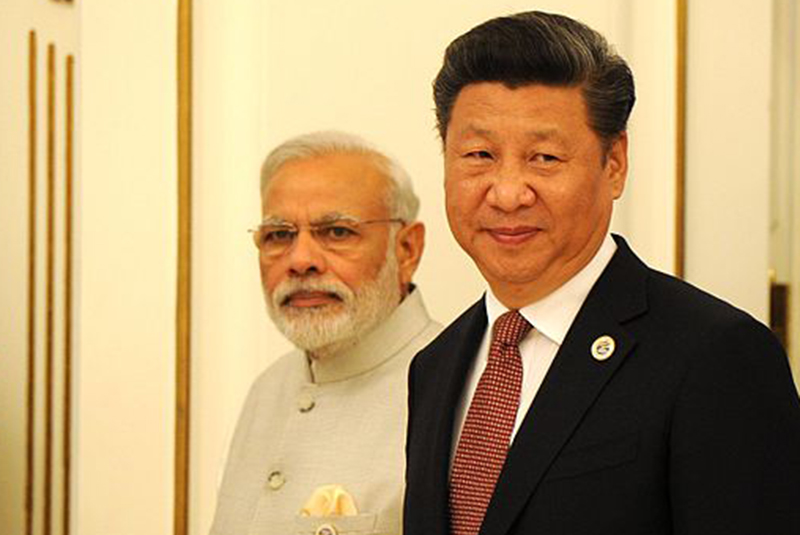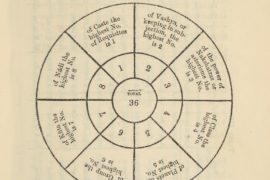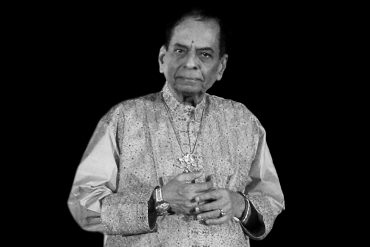On 1 May 2019, India’s efforts to designate Masood Azhar as a global terrorist under the 1267 Sanctions Committee of UN eventually paid off. The blacklisting of the chief of Jaish e-Mohammed, which was declared a terrorist organisation in 2001, is being hailed, if not celebrated, as a diplomatic and political win for India.
When Prime Minister Narendra Modi and President Xi Jinping met in Wuhan in April last year after the 73-day-long Doklam stand-off, they had agreed to enhance political trust and cooperation in regional and international affairs. Interestingly, they also recognised the common threat posed by terrorism and committed themselves to cooperate on counter-terrorism. The question, however, is whether Masood Azhar’s listing tantamounts to harvesting the Wuhan Spirit, considering China’s belated action.
Many journalists and international relations scholars are of the view that this significant development has isolated and pressurised Beijing to relent on New Delhi’s demand. There is no second thought that Masood Azhar, who was involved in many terror incidents in Jammu and Kashmir, especially the attack on the Indian Parliament in 2001, should have been listed long ago.
What was also at stake was India’s prestige at the international stage, more so after the Pulwama attack; consequently, New Delhi pulled every string at its command to ensure that Masood Azhar was listed.
-30-
Copyright©Madras Courier, All Rights Reserved. You may share using our article tools. Please don't cut articles from madrascourier.com and redistribute by email, post to the web, mobile phone or social media.Please send in your feed back and comments to [email protected]











